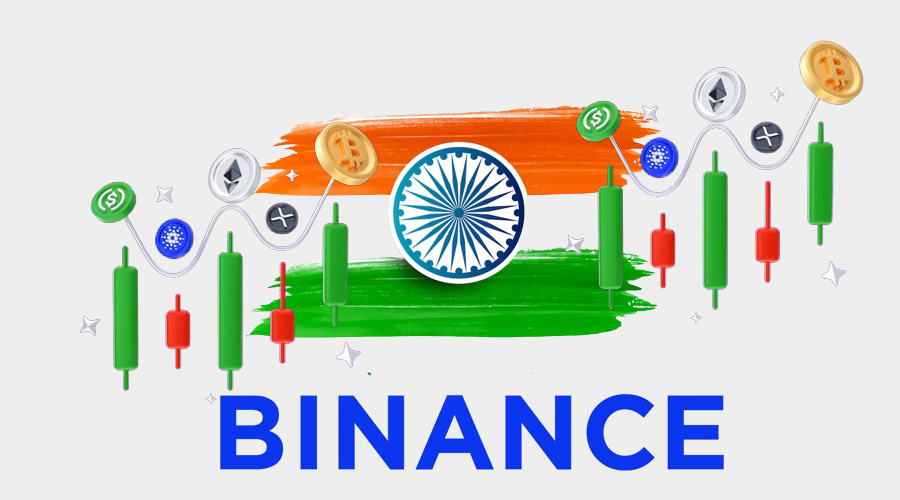Know about the crypto exchange Binance allowing cryptocurrency trading in Indian rupees
India’s Regulations and Compliance:
The report says that Indian regulators know about these transactions. Because they do not have a rupee bank account, Binance is not violating any laws. They only offer crypto transfer escrow services, which are not recognized as legal tender. However, it is essential to recognize that indigenous traders promoting the purchase and sale of cryptocurrencies via the Binance platform may violate exchange control regulations and anti-money laundering procedures.
According to a cryptocurrency trader, an individual can sell their cryptocurrency to an Indian buyer from their Binance wallet. The buyer receives the cryptocurrency from their Binance wallet and pays in rupees.
By avoiding taxation, this method facilitates clandestine trades. Significant sums of money are involved in some of these kinds of transactions. It is of the utmost importance to carefully consider the potential consequences of such transactions regarding tax evasion and money laundering facilitation.
Effects on the Indian Cryptocurrency Market:
For Indian traders, Binance’s peer-to-peer service provides various payment options, such as UPI, IMPS, Google Pay, bank deposits, and in-person cash transactions. A video showing a crypto trade on Binance using an India-based digital wallet was shared with the Reserve Bank of India by the newly formed crypto policy advocacy group in India, the Bharat Web3 Association.
The video was shown after the association separately asked the government to let cryptocurrency companies use the national Unified Payments Interface (UPI), which had been banned the year before. In addition, many Indians have moved their cryptocurrency holdings into wallets offered by foreign exchanges.
According to reports, this shift will decrease user activity on India-based exchanges by up to 90% by 2022. Following the announcement of strict crypto tax regulations in the country, Indians moved over US$3.8 billion in trading volume from local to international crypto exchanges, according to a study conducted by the Esya Centre, a technology policy think tank based in New Delhi.





